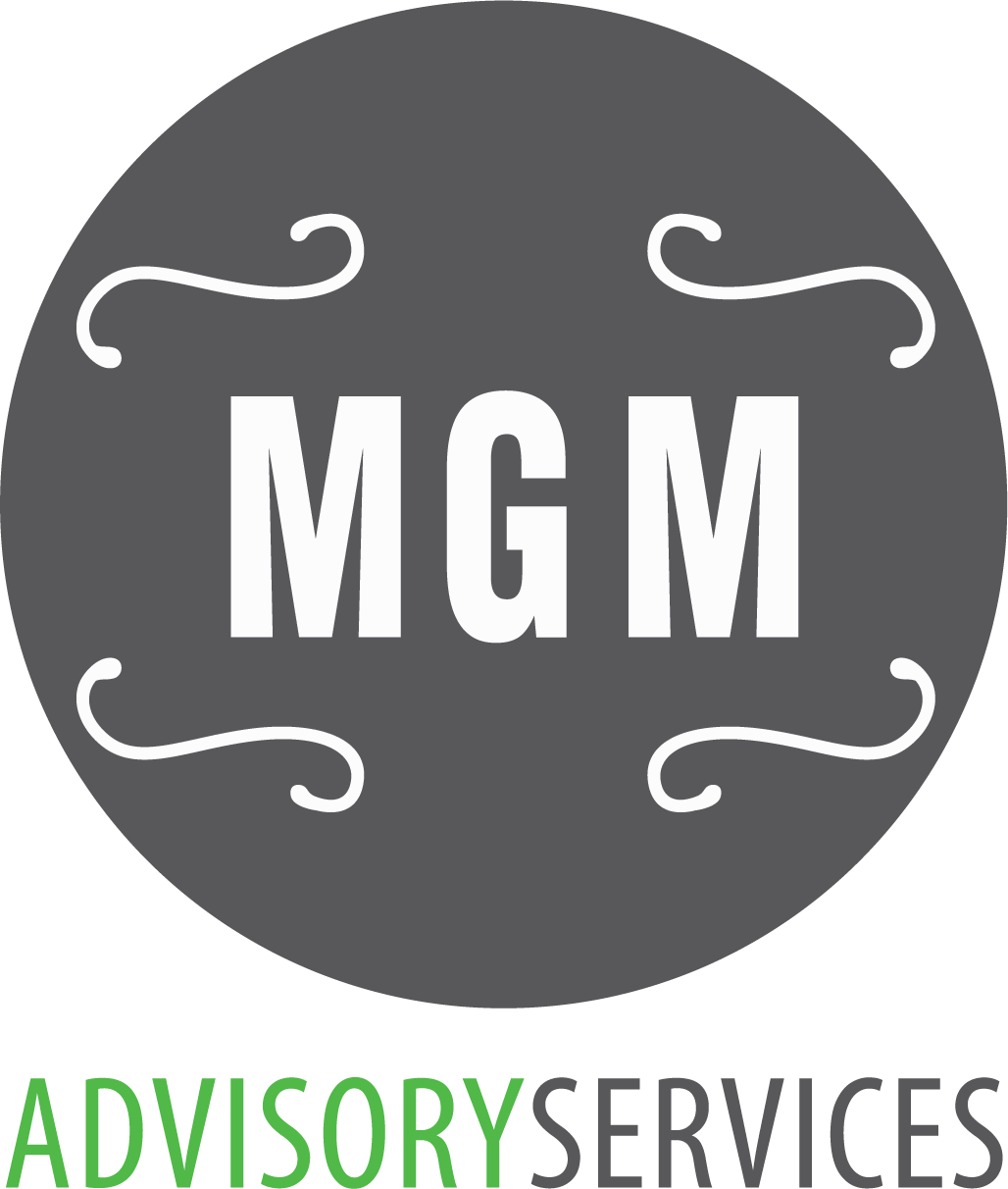What You Don’t Want to See on a Resume in 2018
When writing your own resume, it’s always important to remember that the people who end up reading it will also have to go through dozens, if not hundreds of others on a daily basis. This means that you will have to make yours stand out in one way or another and hopefully, leave the reader with a positive impression.
To do that, however, you will have to avoid the all-too-common mistakes that immediately remind the HR department that you aren’t really interested and that you are not the kind of person that they would want to hire. With that being said, here are the things that you don’t want to see on a resume in 2018.
Typos
It’s no wonder that typographical errors made it on this list. They might as well be considered among the first reasons why a resume will be tossed on the reject pile. In short, typos stand for sloppiness, and there can be no excuse for such a behavior, especially when you are presumably looking to make a good first impression.
If these typos make it on your resume, it means that you are not really committed to finding a job, which, in turn, may indicate that you will have the same, sloppy attitude at work, as well. Spell-checkers will come in handy here and so will a trusted friend reading it for you. Another way of spotting these mistakes early is to finish the resume, sleep on it and read it again the following day.
Long Summaries
George Orwell, the famous British novelist, once said that “if it is possible to cut a word out, always cut it out.” When it comes to resumes, this rule holds particularly true for summaries. You need to remember that CV readers go through countless resumes on a daily basis and nobody has time to read lengthy summaries.
Instead of writing yours as a paragraph, go for several bullet points highlighting your achievements and a tagline saying something like “Known for achieving…” In other words, you should keep your summaries just that – a summary.
Clichés and Buzzwords
If you’re going through a phase of regularly writing resumes, it’s somewhat easy to fall into a pattern and repeat the same words over and over again. As you can imagine, HR teams see these overused words on a daily basis and the best you can hope for is an eye roll. Avoid using words or phrases such as team player, synergy, communication skills, out-of-the-box, expert, creative, excellent, innovative, etc. Use thesaurus.com to find better alternatives.
Your Address
Contact information is important on a resume. With that being said, nobody will be knocking on your door, telling you to come in for an interview. In other words, your home address is just taking up valuable real estate space on the top of the front page.
Too Much Personal Information
Like with your home address, there are other pieces of information that almost anyone can go without. Unless you think it’s absolutely relevant or requested, things like hobbies, religion, marital status, sexual orientation, or your GPA, among others, can be left for the interview (if asked for) or for talks around the water cooler.
Conclusion
Writing a great resume is no easy task, to say the least. But by keeping track on these elements presented here, you will be well on your way in creating one that will draw the attention of anyone who’s reading it.
